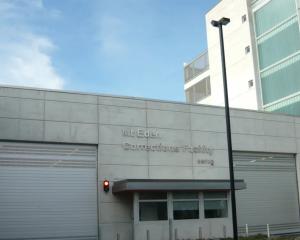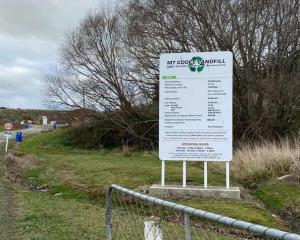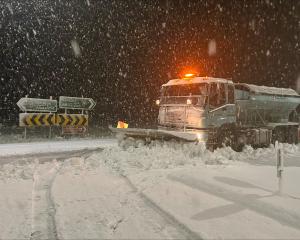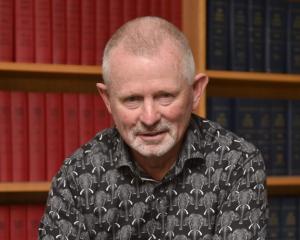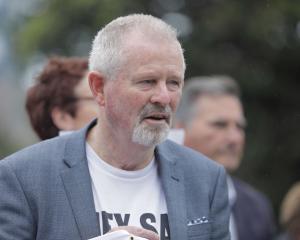
The viability of the kerbside collection of food waste is one of the questions being considered as part of the Kaikōura District Council’s Waste Management and Minimisation Plan review.
Kaikōura District Council senior advisor Dave Clibbery compared the waste management plans of 17 councils to help begin the review.
Managing food waste is a challenge for councils around the country, he said.
‘‘A lot of food waste is still going to landfill. It used to be that not many councils had ways to capture food waste, but now a number do have food waste schemes.
‘‘Processing food waste is harder than processing green waste because of the smell, which can deter people from using the service and the relatively high cost.’’
The Kaikōura district produced around 30kg of food waste per person each year, similar to large urban areas such as Auckland.
Around 60 tonnes a year of food waste is processed through Innovative Waste Kaikōura, Clibbery said.
But the use of the fortnightly kerbside collection service is low, as 95 percent of food waste is brought directly to the resource recovery centre.
Several councils, including Wellington City Council, are encouraging home composting in preference to kerbside collection.
Overall Kaikōura compared favourably with other parts of the country, sending 400kg of rubbish to landfill compared to the national average of 600kg.
‘‘But we need to recognise we don’t have the volume of building waste compared to large urban areas,’’ Clibbery said.
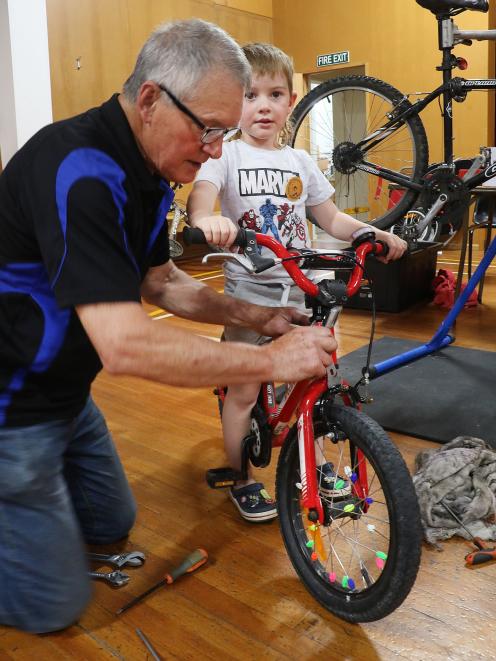
‘‘Councils are really the ambulance at the bottom of the cliff. Serious waste minimisation requires action by central Government.’’
Some options for Kaikōura to consider include establishing a repair cafe and promoting waste minimisation and recycling efforts.
There are now 75 repair cafes around the country, including the Amberley Repair Cafe, which help to reduce waste and provide a social activity, Clibbery said.
Repair cafes can be offered in collaboration with community groups, such as men’s sheds.
Initiatives such as the Enviroschools programme, in pre-schools and primary schools, have been successful in changing behaviours.
But it needs a receptive audience, Clibbery said.
‘‘It’s not easy to promote waste minimisation. In the early days when zero waste was a fresh and exciting thing it was much easier to get people engaged.’’
By David Hill, Local Democracy Reporter
■ LDR is local body journalism co-funded by RNZ and NZ On Air.





